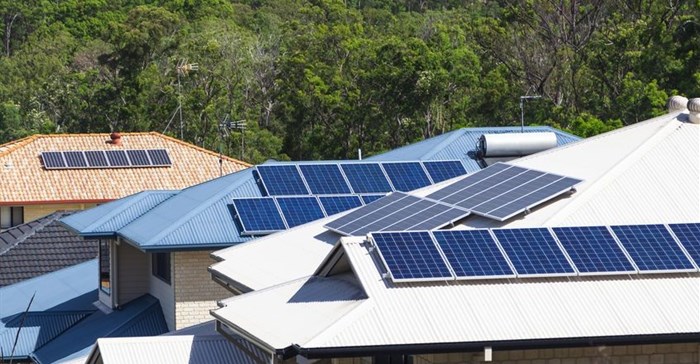Consumers should generate their own electricity and become 'prosumers'

Consumers are overly dependent on obtaining electricity from one source – Eskom – distributed via the national grid by Eskom or local municipalities while other sources of electricity are readily available at even lower cost than what consumers currently pay.
The technology and equipment for households to generate their own electricity have developed to such an extent that real alternatives are available... Not only should consumers be encouraged to invest in these technologies, but should also be supported to do so – at least financially – through appropriate tariff structures.
Municipalities penalising consumers
Although many municipalities now do allow consumers to install solar photovoltaic (PV) modules on their premises, and even to feed excess energy back into the grid, the way that most municipalities have structured these so-called “feed-in tariffs” in fact penalises consumers who do so. This is then also the major reason why many consumers install these systems without informing the local authorities, which creates a threat to the safety of electricians who may have to work on the lines.
In Europe, the USA, and many other countries, the authorities did exactly the opposite by in fact subsidising the installations of the systems through an attractive feed-in tariff. Over the last few years the capital cost of these systems have been significantly reduced to such an extent that a home owner can now generate electricity for less than what they typically pay their local municipality and they will also be willing to sell their excess electricity to the local municipality at the same, or even a lower rate than what the municipality pays Eskom. It is, therefore, hard to understand why the City of Cape Town, for example, will be willing to buy electricity from independent power producers, but not from their own residents.
The investment in solar water heating and other energy efficient devices such as LED lights were a good start to reduce the amount of energy used in residential areas, but consumers should now be empowered to install photovoltaic panels on houses’ roofs to generate electricity as well and become 'prosumers'.
Affordable solar PV solutions available
Admittedly, photovoltaic panels, batteries and inverters are not cheap, but it is an investment not beyond the reach of a large section of the residential market. Not only will it reduce the demand on the grid, but it is of course a much cleaner form of electricity. By allowing homeowners to install their own PV systems they will reduce the current demand from Eskom, that they cannot meet, and later on free up capacity to be made available for other consumers to grow the economy.
For households who cannot afford the full kit to go completely off-grid, a number of affordable solar PV solutions are now commercially available that can be used to generate at least some, if not all of the electricity they use. If they do not have sufficient capital to be able to afford a battery system for storage, they can use the grid as a “battery” by supplying excess energy during the day, when the sun is shining and they are not using a lot of electricity, and then consuming electricity from the grid in the evening when the sun is not shining. This of course requires that the grid has storage capacity which it indeed has, with the three large pump-storage schemes Eskom currently operates as well as the open cycle gas turbines they use when required.
There is a window of opportunity to stimulate the rooftop PV market and reduce the demand on the fragile Eskom generators, but it calls for vision and cooperation between all sectors of government, the private and public sectors.